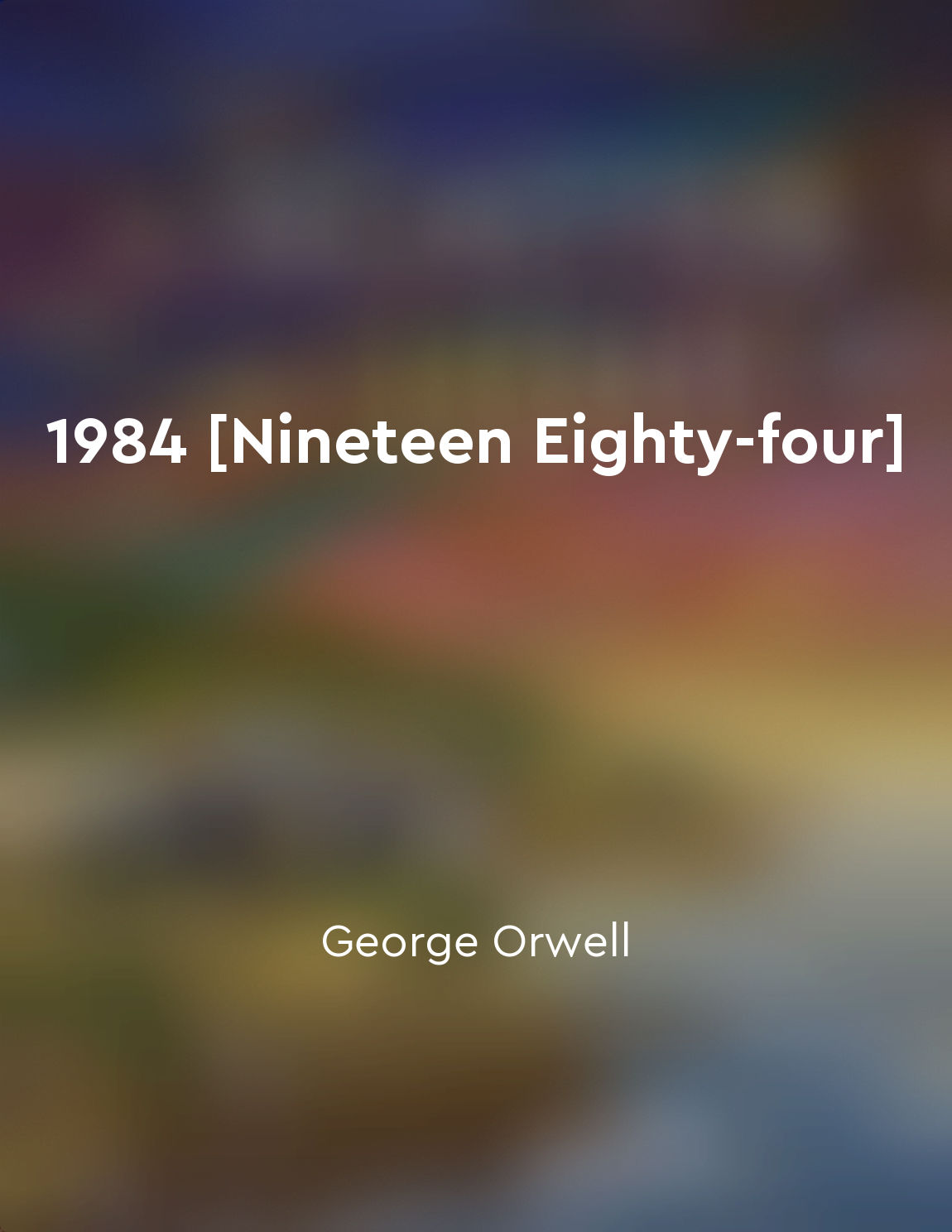Justice is sacrificed for the greater good of the party from "summary" of Darkness at Noon by Arthur Koestler
In the pursuit of the party's objectives, justice often becomes a casualty of the greater good. The concept of sacrificing justice for the party's interests is a recurring theme in the novel "Darkness at Noon." Individuals are expected to place the needs of the collective above their own personal sense of right and wrong. This utilitarian approach requires individuals to make decisions that may seem unjust or immoral in the name of serving the party's agenda. The character Rubashov embodies this conflict between justice and the party's goals. As a loyal member of the party, he is torn between his commitment to the cause and his own conscience. Throughout the novel, Rubashov grapples with the moral implications of sacrificing justice for the greater good. He is forced to confront the harsh reality that the party's interests often take precedence over individual rights and freedoms. The party's relentless pursuit of power and control leads to the suppression of dissent and the persecution of those who dare to question its authority. In this oppressive environment, justice becomes a mere tool to serve the party's agenda, rather than a fundamental principle to uphold. The party's manipulation of justice undermines the very foundations of a fair and just society, leaving individuals like Rubashov to grapple with the moral consequences of their actions. The novel highlights the destructive nature of sacrificing justice for the greater good of the party. As individuals are pressured to conform to the party's ideology, they are forced to abandon their own moral compass in favor of serving the collective interest. This results in a society where injustice and oppression are justified in the name of achieving the party's objectives.- "Darkness at Noon" serves as a poignant reminder of the dangers of sacrificing justice for the sake of the party. It challenges readers to question the ethics of prioritizing the greater good over individual rights and freedoms. The novel's exploration of this concept sheds light on the complexities of power, ideology, and morality in a society where justice is often sacrificed in the name of serving the interests of the party.
Similar Posts
The path to fulfill his destiny is fraught with challenges and sacrifices
In the grand tapestry of life, every man has a path that is uniquely his own, a journey that leads him to his true destiny. For...

Morality is often compromised in the pursuit of power
In the game of power, morality often takes a backseat. People will do whatever it takes to climb the ladder, even if it means c...

Boy questions girl's friends
Keshav had to find out more about Zara. He couldn't just sit around and wonder. He needed answers, and he needed them fast. But...

Gender roles
In our society, there are certain expectations and norms placed on individuals based on their gender. These expectations, known...

Transformation occurs
Transformation is not merely a possibility, but a certainty. It is an inevitable process that occurs within every individual, w...
The power of love to overcome adversity
Love is a force that has the capacity to conquer every obstacle, no matter how daunting or insurmountable it may seem. In the f...

Personal boundaries are established and respected
Personal boundaries are like invisible lines that we draw around ourselves. They help us define who we are and what we stand fo...

Totalitarian regime controls every aspect of citizens' lives
A Party member lives from birth to death under the eye of the Thought Police. Even when he is alone he can never be sure that h...
Call for social change and revolution
The Jungle" is a powerful narrative that paints a vivid portrait of life in the early 20th century industrial America. Through ...
Justice is served
In the play "Cymbeline" by William Shakespeare, the concept of justice being served is a central theme that permeates throughou...

